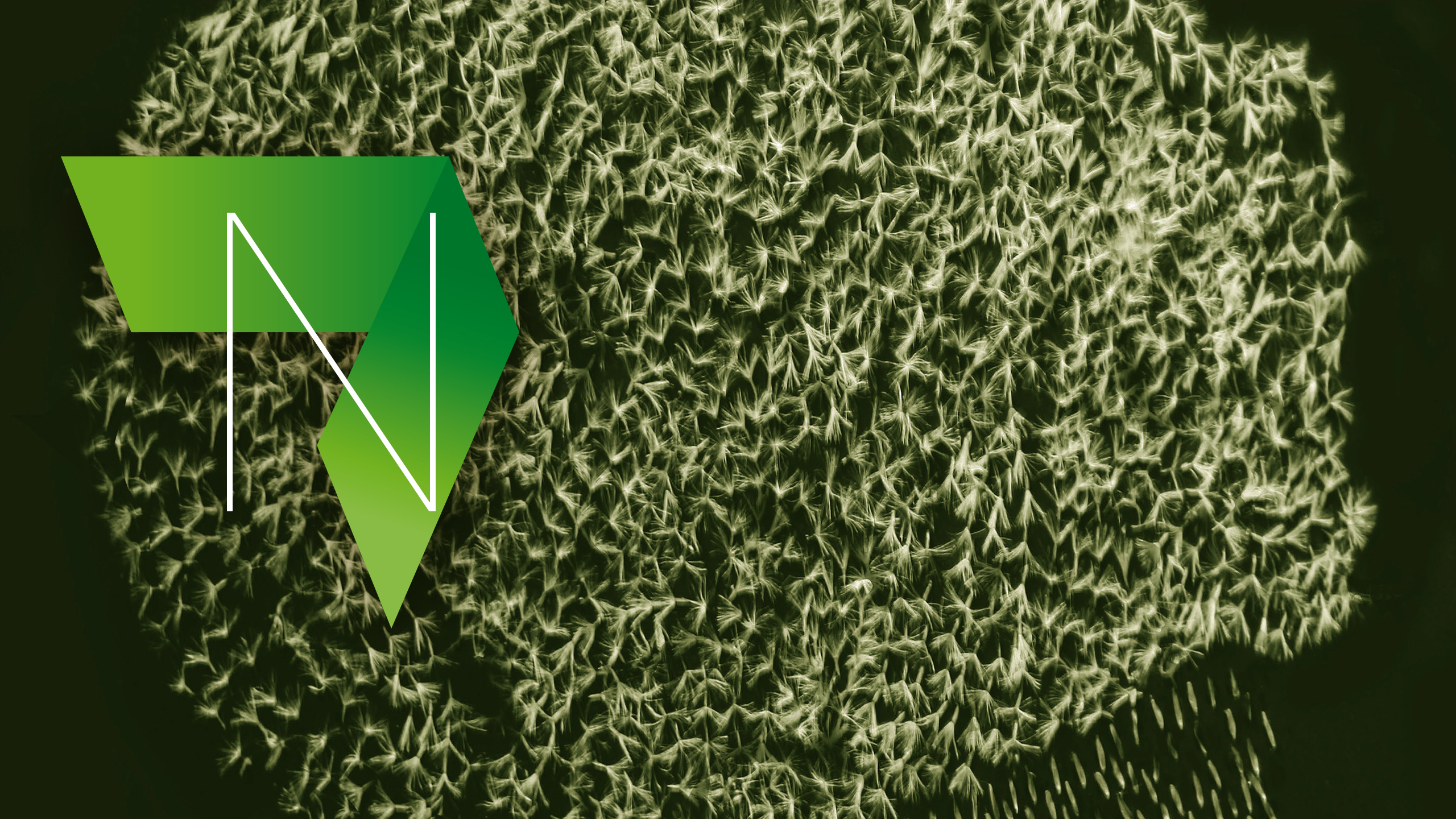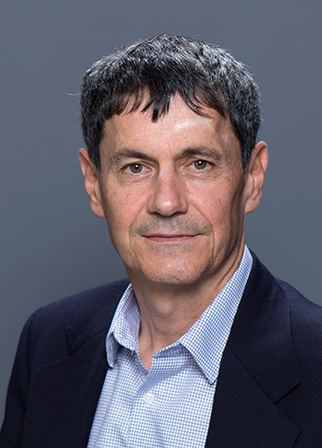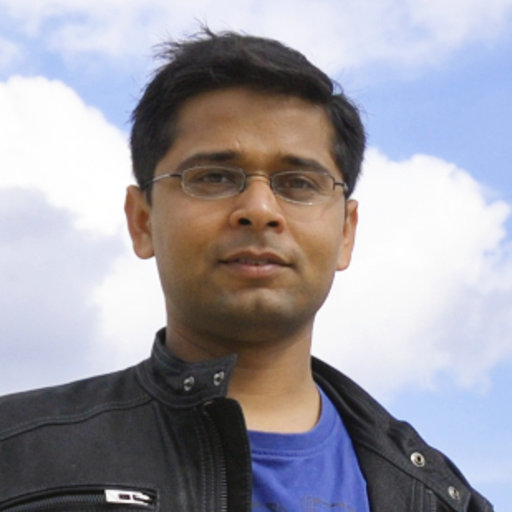About This Course
Modern neuroscience is multidisciplinary and collaborative. We need to integrate knowledge of experimental and theoretical approaches to neuroscience, and look at the brain and brain function from different perspectives: for example, genes can partially explain differences in reading ability, but there is no single gene that makes someone a good or a poor reader. And genes can be turned on and off by external factors such as someone’s diet or a virus infection. So to understand something as complex as reading ability, we need to stitch together knowledge about the role of genes, proteins, cells, and large networks of cells.
In this course on Cell Biology, we will focus on the principles governing cell function such as cellular anatomy, metabolism, cell communication and electrophysiology. We will introduce you to the field of metabolomics and its applications as well as present experimental and computational approaches to study the cells of the nervous system.
A special focus is placed on translational neuroscience, exploring how fundamental cellular principles relate to neurological disorders, with multiple sclerosis (MS) serving as a case study. Additionally, you will engage with the challenges and opportunities presented by big data in neuroscience, computational modeling, and integrative simulations, which are paving the way for future biomedical advancements.
By the end of this course, you will have a comprehensive understanding of how the nervous system operates at a cellular level and how this knowledge can be leveraged for biomedical research and therapeutic applications.
- week 1: Cells of the nervous system
- week 2: Electrical properties
- week 3: Cell communication
- week 4: Cellular metabolism
- week 5: Metabolic coupling and metabolome
- week 6: Experimental cell biology: metabolomics, imaging and electrophysiology
- week 7: Cell classification
- week 8: Multiple sclerosis: from bench to bedside
- week 9: Modeling and simulation
Each week will include a video lecture or reading material, practice exercises, online tools to access existing data as well as a reading list if you wish to learn more on the week's subject. The week will be concluded by a graded assignment.
You will learn from top scientists, specialised in each field, and have access to research databases and learning resources such as brain atlases and brain modeling tools. We aim to show you how these new tools can help integrate the vast amounts of neuroscience data available to innovate medical technologies and therapies. And we will teach you how to use these tools for your own research and understanding.
Course Staff
Leonor Ruivo
Leonor Teles-Grilo Ruivo is a distinguished neuroscientist and program manager dedicated to advancing equal opportunities in the life sciences. Leonor Ruivo earned her PhD in Neuroscience from University College London (UCL) in 2015, where they conducted research under the guidance of Professor Trevor Smart, focusing on the role of synaptic inhibition in hippocampal circuits. Following their doctoral studies, Leonor Ruivo pursued postdoctoral research at the University of Oxford with Professor Peter Somogyi, investigating the synaptic organization of hippocampal interneurons.
In 2019, they joined the Sainsbury Wellcome Centre at UCL as a Research Fellow in Professor Tiago Branco's laboratory, focusing on neural circuits underlying decision-making processes. Transitioning to a leadership role in science administration, Leonor Ruivo currently serves as a Programme Officer at the European Molecular Biology Organization (EMBO), where they are committed to promoting equal opportunities within the life sciences community.
Throughout their career, Leonor Ruivo has demonstrated a commitment to scientific excellence and inclusivity, contributing to the advancement of neuroscience and fostering diversity within the scientific community.
Jack Mellor
Jack Mellor graduated from the University of Cambridge in 1995 with a degree in Neurophysiology and remained in Cambridge to pursue a PhD on the biophysics and pharmacology of inhibitory synaptic transmission at the MRC Laboratory of Molecular Biology under the supervision of Andrew Randall.
After completing graduate studies in 1998, Jack Mellor briefly worked on science policy for the UK government before joining Roger Nicoll’s laboratory at the University of California, San Francisco, where the research focused on the mechanisms of synaptic plasticity in the hippocampus. In 2002, Jack Mellor returned to the UK to join John Isaac’s laboratory at the University of Bristol before establishing an independent research group in 2004 with an MRC-funded Career Development Fellowship.
Currently, Jack Mellor leads a research team that collaborates extensively with academic, clinical, and industry partners. The team's work focuses on how hippocampal network function is influenced by synaptic plasticity and neuromodulators, as well as how these processes are disrupted in psychiatric and neurological disorders, leading to impairments in cognition.
Jean-Yves Chatton
Jean-Yves Chatton received his PhD degree in Pharmacology from the University of Lausanne, Switzerland, followed by post-docs at NIH (Bethesda, MD) and in Bern. He is the head of the Cellular Imaging Facility at University of Lausanne and leads a research group in neuroscience with a focus on neuron-glia interactions, mainly related to bioenergetics and ion homeostasis in health and disease. He is actively developing and employing imaging and fluorescence technologies to investigate these issues.
Since 2003 he is the head of the Cellular Imaging Facility (CIF) and since 2021 the director of the Department of Fundamental Neurosciences
Jay Coggan
Jay Coggan is a neuroscientist and research leader with extensive experience in synaptic physiology, computational neuroscience, and translational research. He is the Founder of My Science Agents and Board President of the NeuroLinx Research Institute, a non-profit organization dedicated to advancing neuroscience through open science initiatives.
Jay Coggan earned his B.A. in Biopsychology from the University of Colorado, Boulder, and his Ph.D. in Pharmacology and Toxicology from the University of Arizona, Tucson. His research career spans prestigious institutions, including the Salk Institute, Howard Hughes Medical Institute, University of California San Diego, Washington University in St. Louis, and Stanford University. He also served as a scientific editor at Cell Press for Neuron.
Jay Coggan was a Senior Scientist at the Blue Brain Project at EPFL, where he contributed to large-scale computational models of neural circuits. His expertise includes synaptic plasticity, ion channel function, cell metabolism, and computational modeling of demyelinating diseases such as multiple sclerosis.
Through My Science Agents and NeuroLinx Research Institute, Jay Coggan continues to drive innovation in neuroscience, promoting collaborative research and strategic funding to accelerate discoveries in brain science.
Rajnish Ranjan
Rajnish Ranjan is a scientist at the École Polytechnique Fédérale de Lausanne (EPFL), contributing to both the Blue Brain Project (BBP) and the Neural Microcircuitry Laboratory (LNMC). His research focuses on the kinetic characterization of voltage-gated ion channels, particularly hyperpolarization-activated cyclic nucleotide-gated (HCN) channels, which play a crucial role in neuronal excitability and rhythmic activity. Dr. Ranjan has been instrumental in developing biophysically detailed neuron models, enhancing our understanding of neural microcircuits. His work is pivotal in advancing computational neuroscience and bridging the gap between experimental data and large-scale brain simulations.
Caroline Pot
Clinician researcher, Caroline Pot is a neurologist specializing in the management of neuroinflammatory pathologies such as multiple sclerosis. In 2015, she joined the Neurology Department of the CHUV where she developed a mixed clinical and research activity, thanks to obtaining a position as assistant professor with a grant from the Swiss National Fund (SNSF). In 2019, she was appointed Associate Professor at the University of Lausanne and associate doctor in the Neurology Department of CHUV.
Caroline Pot completed her clinical training in Switzerland. She obtained her medical degree from the University of Geneva and her specialist title in neurology from the University Hospitals of Geneva. At the same time, she carried out her research at the University of Zurich where she completed her thesis in neuroscience. To complete her postgraduate training in neuroimmunology, Caroline Pot went to Harvard University in Boston in the United States in 2008. Returning to Switzerland in 2011, initially in Geneva then in Lausanne, she continued her clinical and research activities in the field of neuroinflammatory diseases.
Amandine Mathias
Amandine Mathias is a neuroscientist and immunologist with a robust background in both research and clinical applications. She earned her Master's degree in Neuroscience from the University of Strasbourg in 2014, followed by a Ph.D. in Neuroscience from the same institution in 2017. Her doctoral research focused on the interplay between the immune system and the central nervous system, particularly in the context of neuroinflammatory diseases.
Following her Ph.D., Amandine Mathias pursued postdoctoral research at the University of Geneva, where she investigated the role of immune cells in neurodegenerative disorders. In 2020, she joined the Swiss Federal Institute of Technology Lausanne (EPFL) as a research scientist, contributing to projects aimed at understanding the molecular mechanisms underlying neurological diseases.
Amandine Mathias has co-authored several publications, including studies on herpes simplex encephalitis linked to mutations in E3 ubiquitin ligase and the use of human stem cell-derived neurons and astrocytes to identify novel autoantibodies. Her collaborative work with researchers such as Sylvain Perriot, Vasiliki Pantazou, and Mathieu Canales has been instrumental in advancing the understanding of neurological diseases and developing innovative diagnostic tools.
Throughout her career, Amandine Mathias has demonstrated a commitment to bridging the gap between neuroscience and immunology, with the goal of translating basic research findings into therapeutic strategies for patients suffering from neurological disorders.








